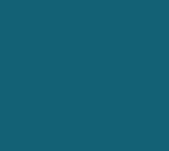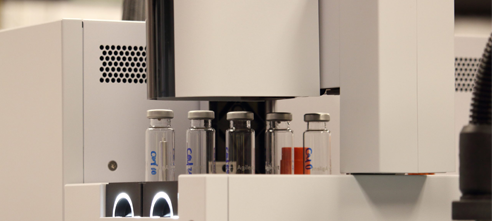


About Us
The society was originally formed in 1986 (as the Alberta Society of Clinical and Forensic Toxicologists – ASCFT) to host meetings and continuing education seminars for the benefit of clinical and forensic toxicologists and toxicology technical staff in Alberta, Canada.
The society has hosted an annual spring meeting in the Canadian Rockies every year since 1989, to which many well known toxicologists have contributed. Other scientific presentations are made during the year at the annual fall meeting or at periodic special seminars.
Membership
Membership is open to all professionals engaged in the practice of toxicology within the Canadian Province of Alberta. Others who have a professional interest in either toxicology, but who are either not directly employed in the field or who are not resident in Alberta may join as Affiliate members.
What is TOXICOLOGY?

Environmental Toxicology
Environmental toxicology is the study of the effects of chemicals, pollutants, and other hazardous substances on living organisms and ecosystems. This interdisciplinary field examines how environmental contaminants-such as pesticides, industrial chemicals, heavy metals, and natural toxins-affect biological systems at individual, population, community, and ecosystem levels.
Environmental toxicologists analyze exposure pathways, assess risks, and investigate the mechanisms by which toxicants cause harm, with the goal of protecting both human health and the environment from adverse effects caused by pollution and chemical misuse.

Forensic Toxicology
Forensic toxicology is the scientific discipline that focuses on the detection, analysis, and interpretation of toxic substances, including drugs, alcohol, poisons, and other chemicals, in biological samples (such as blood, urine, hair, or tissues) to aid legal investigations.
It plays a critical role in determining the presence and effects of substances in cases involving criminal activity, accidental poisoning, drug use, workplace testing, and postmortem analysis. Forensic toxicologists combine expertise in analytical chemistry, pharmacology, and toxicology to provide evidence that helps clarify circumstances surrounding deaths, poisonings, and substance-related crimes.

Clinical Toxicology
Clinical Toxicology is the branch of medical science that focuses on the diagnosis, management, and treatment of patients exposed to toxic substances, including drugs, chemicals, venoms, and environmental hazards. It involves assessing the effects of these substances on human health, understanding their mechanisms of action, and developing strategies for detoxification, supportive care, and antidotal therapy. Clinical toxicologists work in hospitals, poison control centers, research institutions, and regulatory agencies to prevent and manage toxic exposures, ensuring patient safety and public health.
